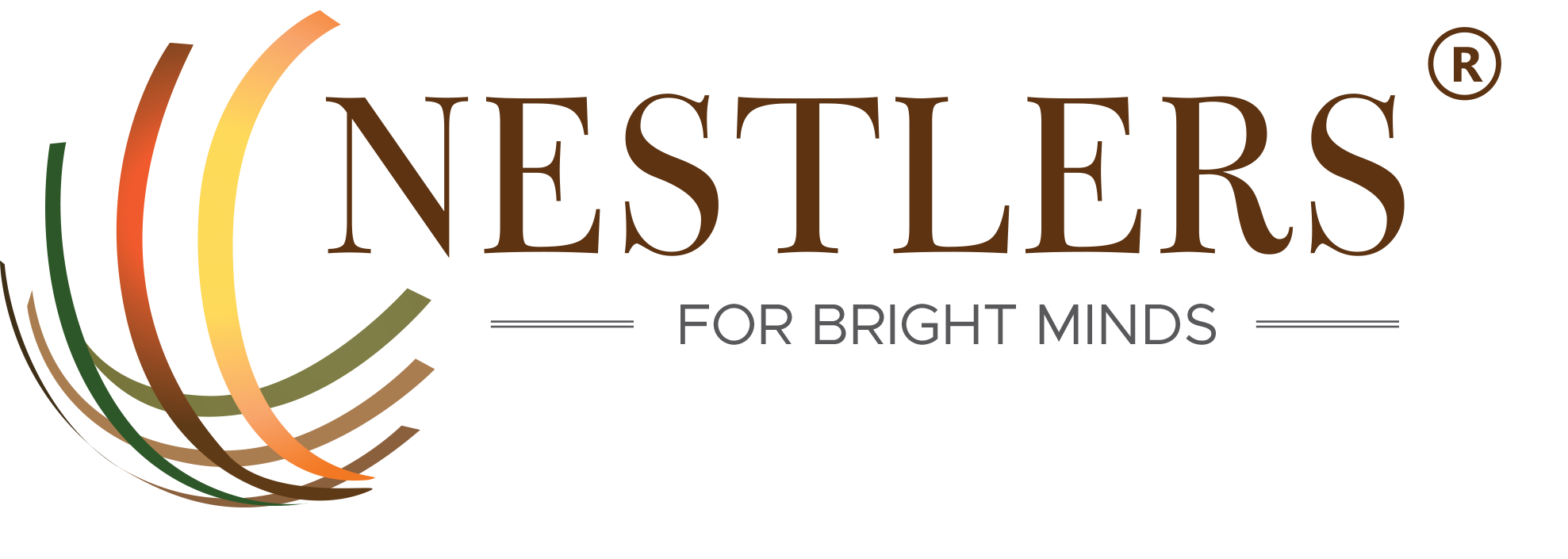Personal relationships, trust and sophistication are the elements that define Italian business culture thoroughly. The ability to communicate, using the right language and the right gestures, is very important. Pay attention to the elements bellow and make sure you’re creating lasting and successful business relationships with your Italian counterparts.
- Primary Contact: Italians tend to be quite formal when it comes to the first contact, so it is advisable that you should book your appointment way ahead – whether it is via email, a phone call a fax or a letter. it can be very useful to be introduced by somebody who knows you already, as Italians often prefer to do business with people they know and trust.
- Punctuality: Italians tend to be quite relaxed about time. However you should not keep any of your counterparts waiting during business meetings as it is considered a lack of respect gesture. This is especially true in the northern part of the country, while in the southern part the attitude towards time and punctuality is more relaxed. In any case, being on time is considered a sign of professionalism.
- Greetings: When meeting people, Italians tend to shake hands firmly. However, if you have met several times and have established a closer relationship, do not be surprised if they embrace you when you meet, as it means that your relationship has become more personal. When it comes to addressing your counterparts, especially before collaborating closely in a more informal manner, it is important that you address to them by their title and last name. However, depending on the company culture and personal attitudes, the switch to the colloquial forms of address can be adopted quite rapidly.
- Gifting: Gifting is quite a tricky subject when it comes to Italian business culture. It is better to wait until a more personal relationship is formed to exchange gifts as it can be considered a form of bribery. The choice of gift usually includes liquors, delicacies or crafts from the visitors’ country.
- Dress-Code: First impressions are valued highly in Italy and having a carefully picked dress-code usually goes a long way. Generally, men should wear dark coloured, conservative business suits, while women should wear either business suits or conservative dresses. Elegant accessories are equally important for men and women.
- Business Cards: Although there is no specific protocol for the exchange of business cards, they usually tend to be presented at the beginning of a business meeting. Looking closely at the other party’s business card before putting it in your card holder is seen as a sign of respect.
- Business Meetings: In Italy, usually business meetings start with a small talk in order to create a less tense atmosphere and a more comfortable environment. Subjects include: sports, weather, travel conditions, etc. Initial meetings are usually meant to develop a sense of respect and trust with your Italian business partners and colleagues. When the actual meeting starts, discussions can be very lively. Being invited to a business lunch or dinner often indicates that the business relation has reached a higher grade of familiarity. Drinking a small amount of wine is also common. According to Italian etiquette, the host always pays the bill. Though the person invited may offer to pay the bill, the host will usually decline.
In conclusion, Italian business culture is quite sophisticated, however it values greatly personal relationships as well as a high level of professionalism. In general, it is important to develop a personal relationship in order to establish a lasting and successful business relationship.
Connect with Nestlers consultants
Do you need immigration and relocation services or consultancy?
It’s easy! Use the below contact form and one of our experts will provide you an answer as soon as possible.
Our consultants can help you in obtaining legal documents and can provide you with assistance regarding the immigration processes, relocation, taxes and payroll, Social Security (European forms A1, S1, U1, etc.) for your employees.





